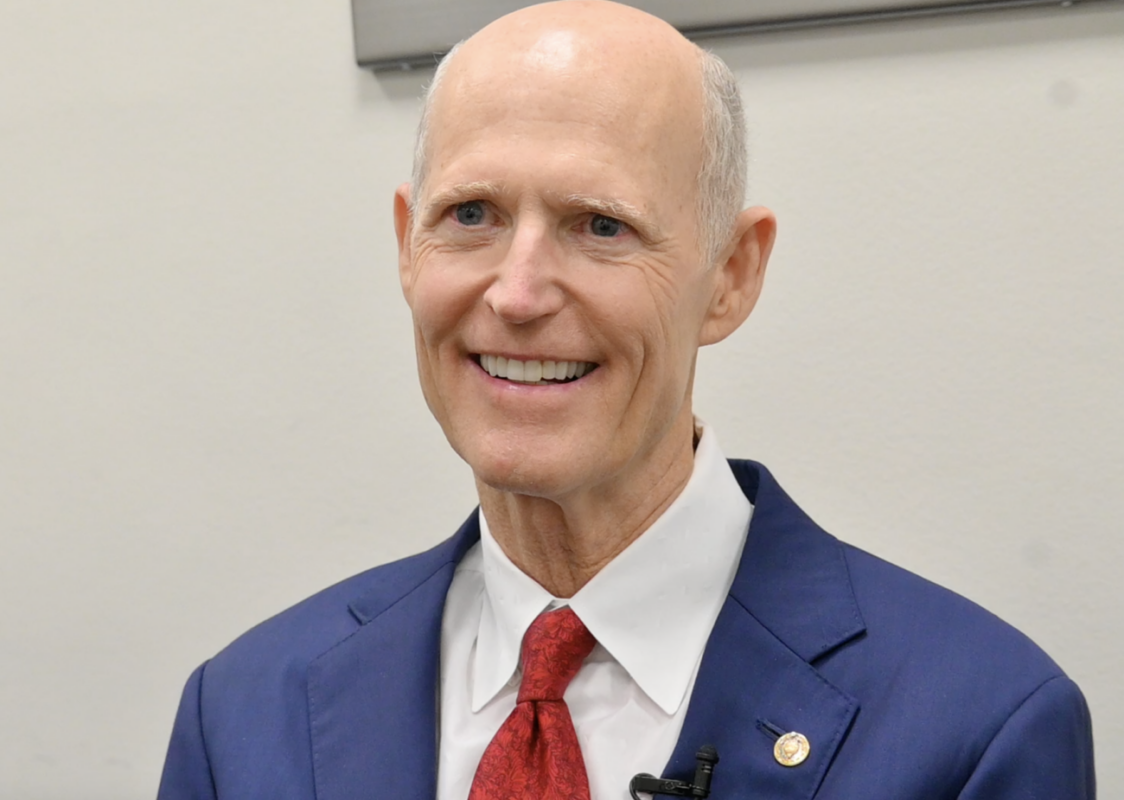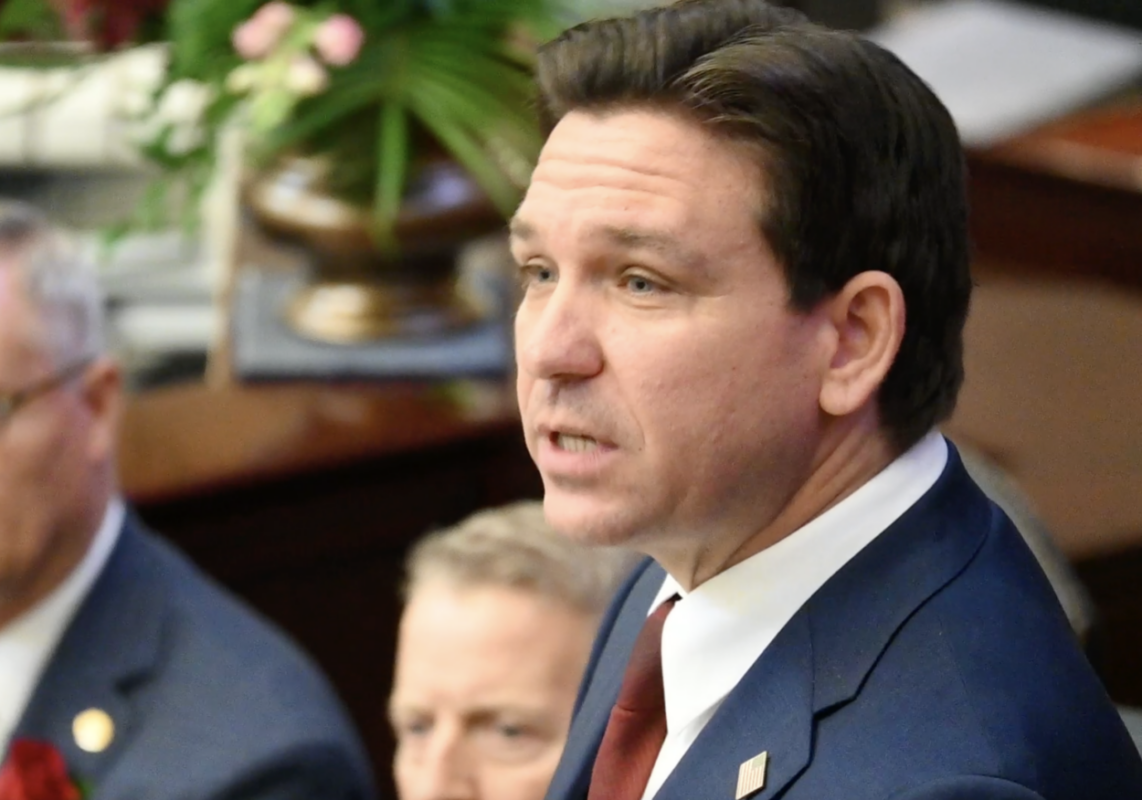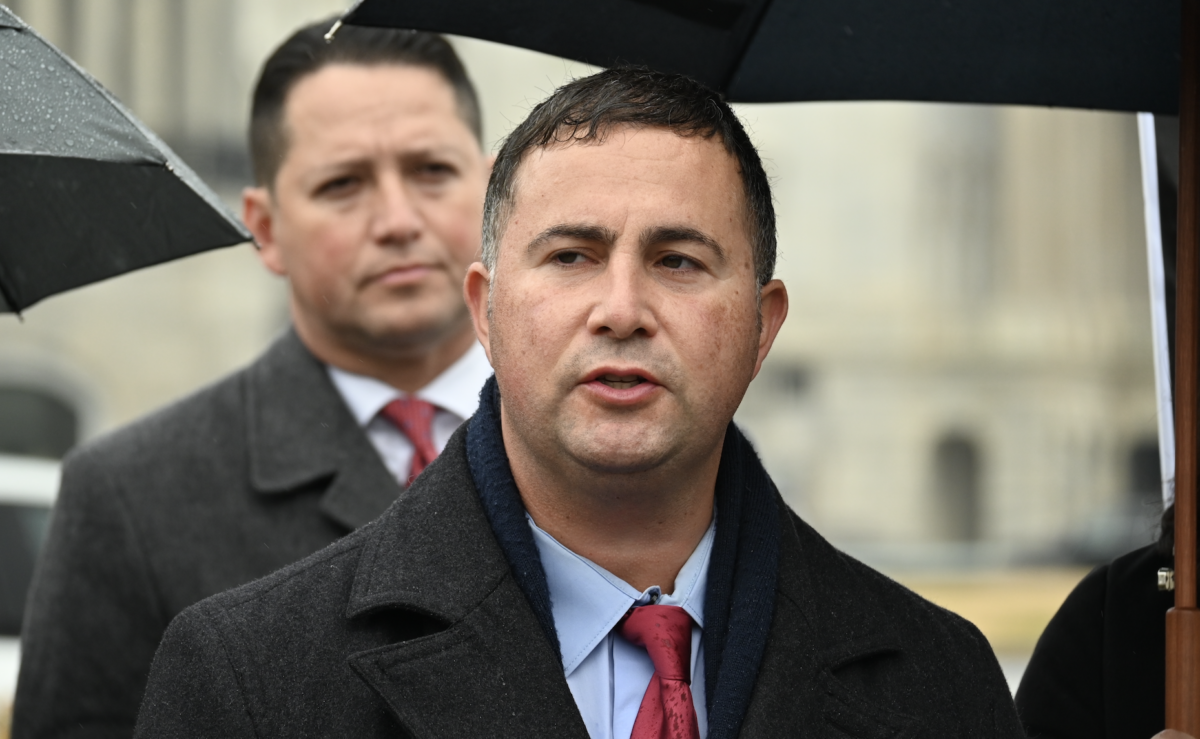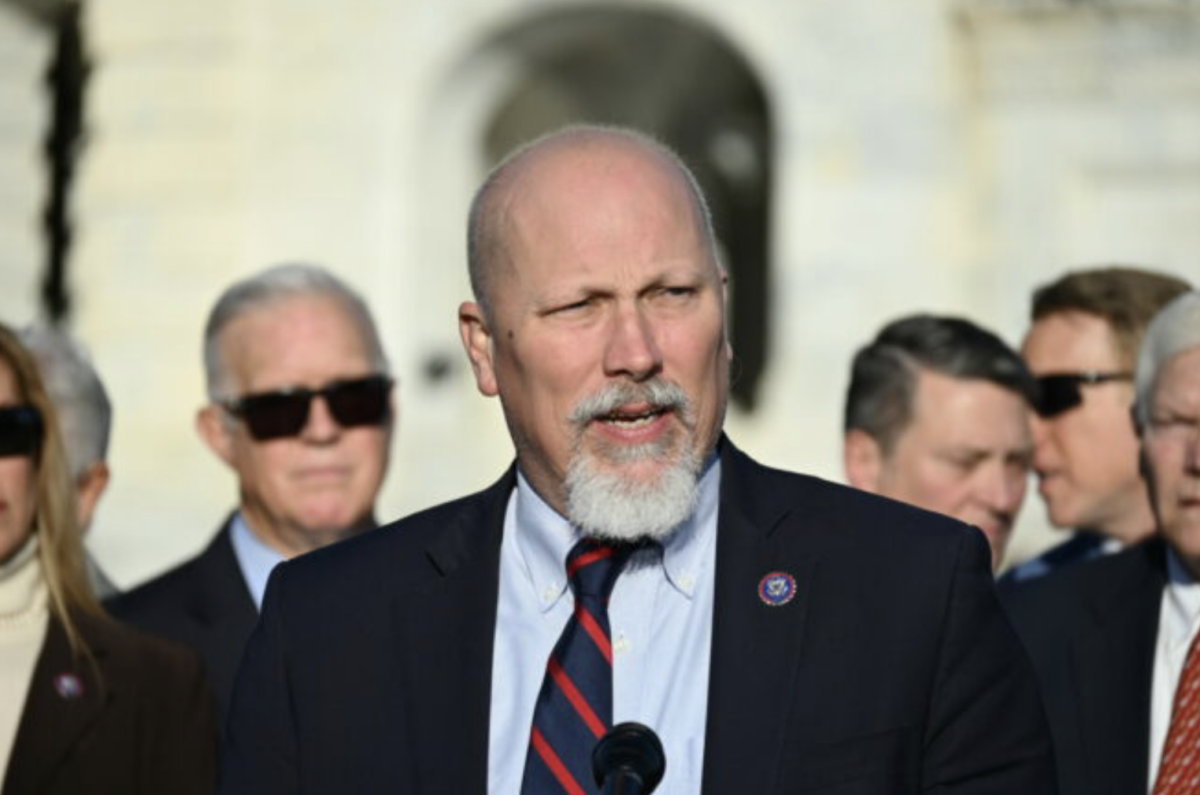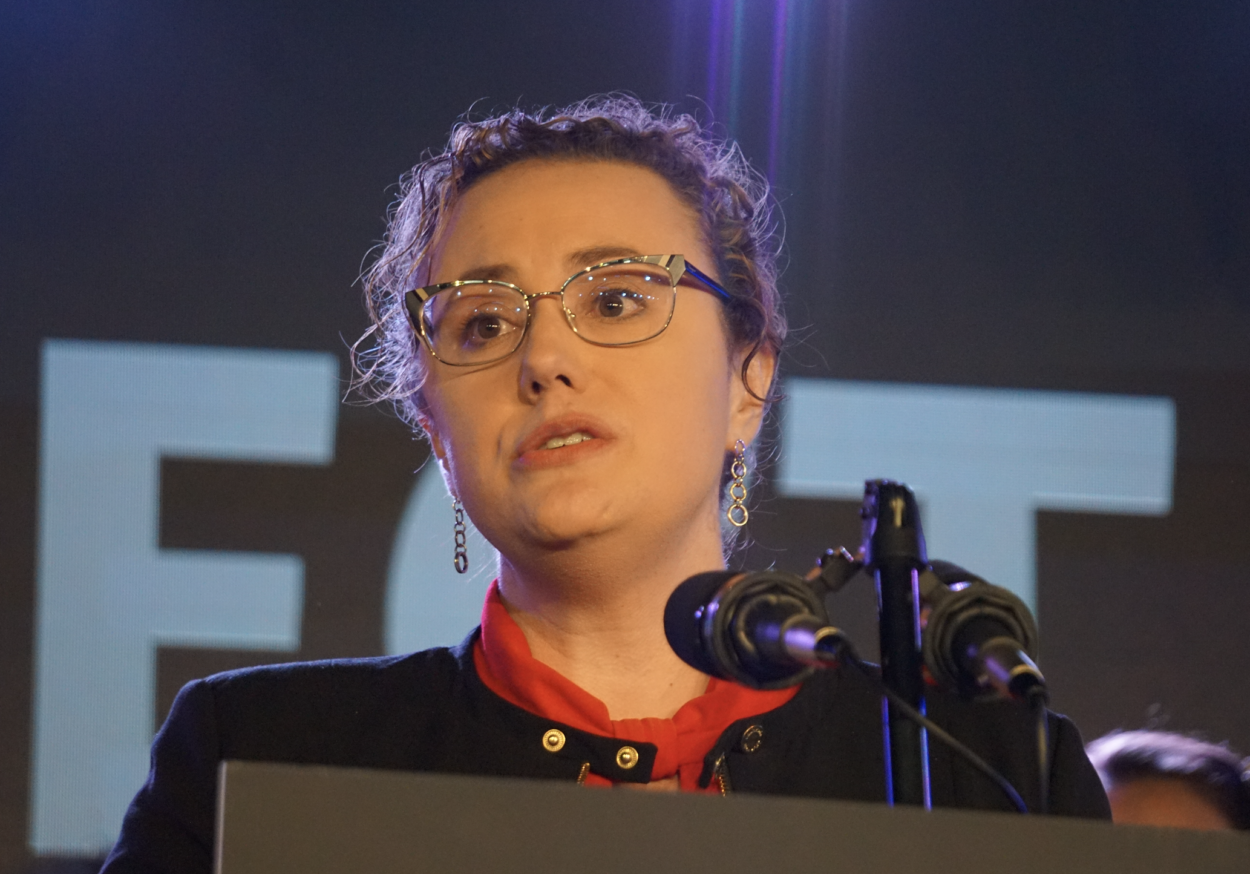The Florida Senate’s Education Postsecondary Committee has filed and approved a bill that would create an alternative pathway for students to obtain a High School diploma.
The Graduation Alternative to Traditional Education (GATE) Program would enable students to earn postsecondary course credits through career and technical education (CTE) courses.
Education Postsecondary committee chair Senator Erin Grall (R-29) praised the bill, claiming the GATE program will benefit students with skills untapped by standard High School education.
“The GATE program provides students who have left high school before graduation the opportunity to access high-quality workforce education programs that lead to good jobs," commented Senator Grall.
"Everyone has gifts and talents to contribute to their community. The GATE program provides students who have left high school before graduation the opportunity to access high-quality workforce education programs that lead to good jobs." @ErinGrall SB 7032https://t.co/smwYxQPjb2 pic.twitter.com/ZSeHPksB6p
— Florida Senate (@FLSenate) January 16, 2024
The GATE program would be completely taxpayer funded and open to all Florida residents aged 16 to 21 that have yet to obtain a standard high school diploma.
GATE participants would have to maintain a 2.0 GPA and finish all required coursework within 3 years of enrollment.
Additionally, a ‘GATE Program Student Success Incentive Fund’ will be created to reward school districts and Universities who successfully implement the GATE program.
Successful implementation of the GATE program would be measured by the number of postsecondary industry certifications and High School diplomas earned by students participating in GATE.
Last week, Grall also filed several bills to protect minors on the internet and social media.
Grall’s proposals would require age verification on social media platforms and create regulations to shield minors from inappropriate online content.
Senator Grall’s social media proposal would prohibit individuals under 16 from using social media and compel social media companies to verify users’ ages. Age verification would have to be outsourced to unaffiliated third parties.



